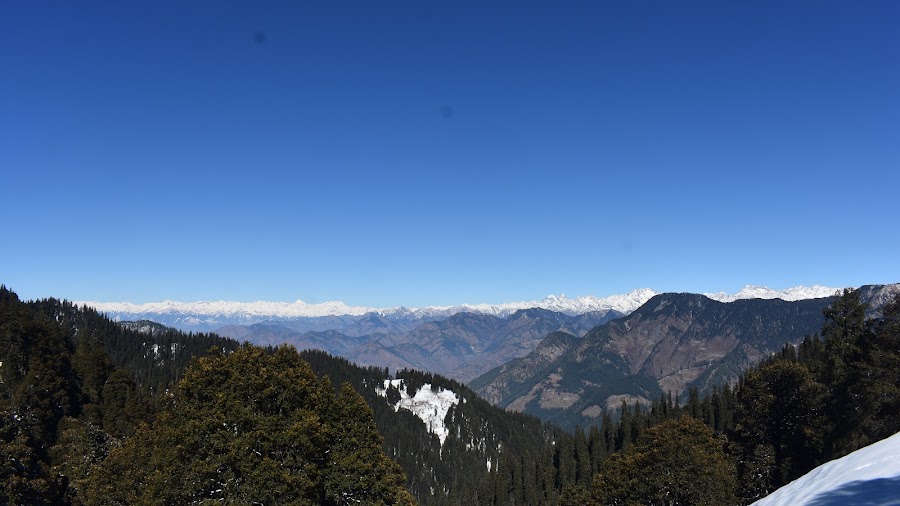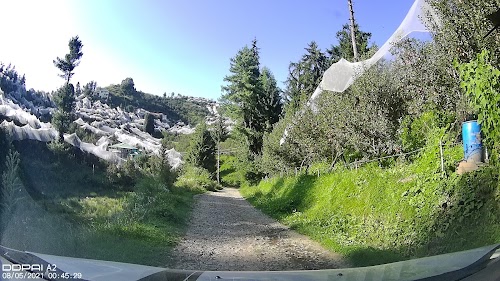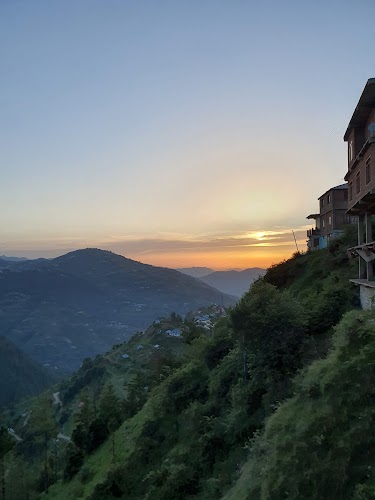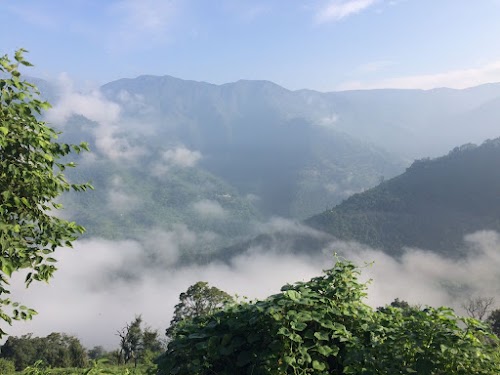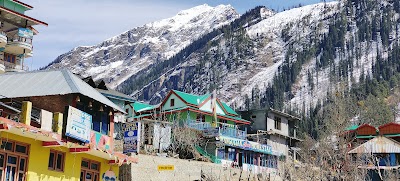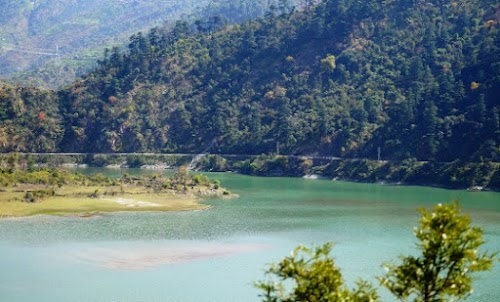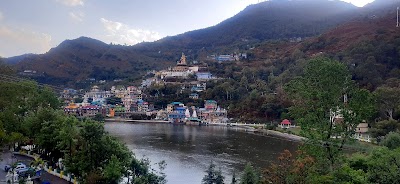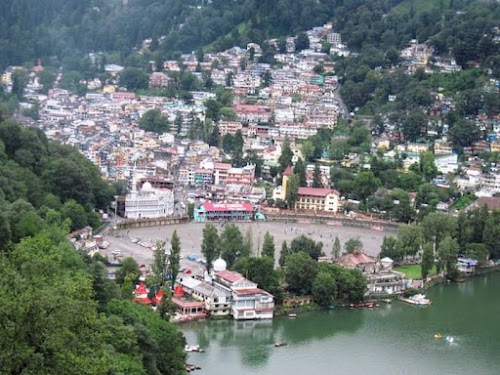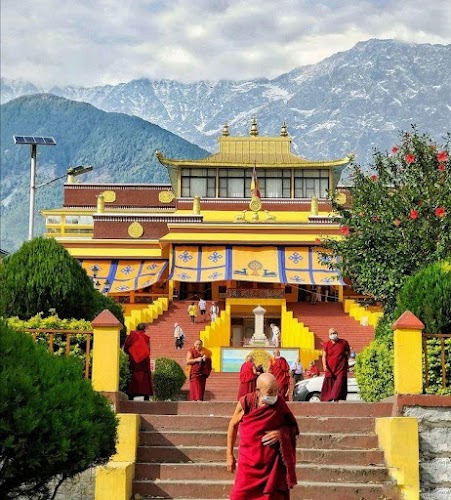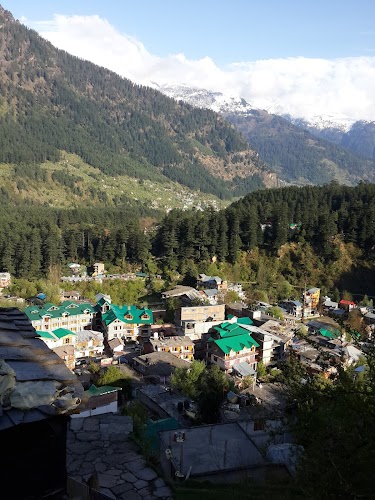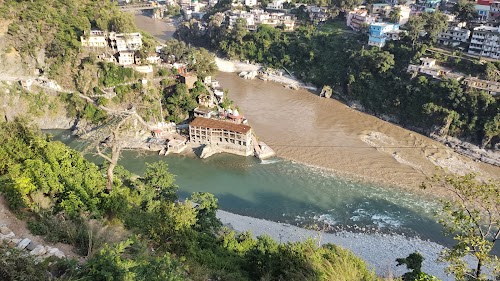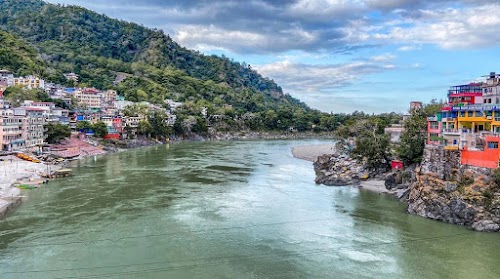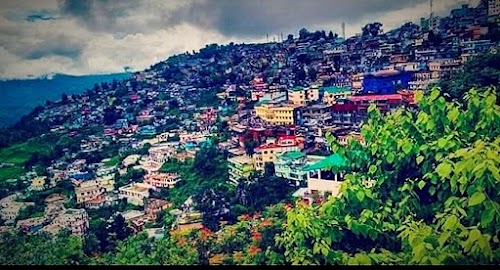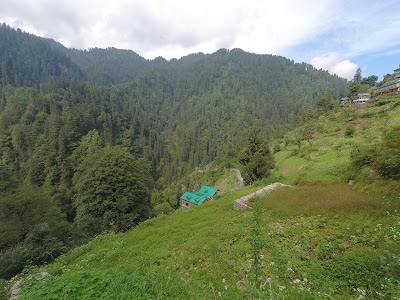
Shoja, India
Shoja is a serene village nestled in the Banjar Valley of Himachal Pradesh, India. Far from the bustling tourist crowds, it offers a tranquil escape amidst lush green landscapes, dense forests of deodar and pine, and panoramic views of the snow-capped Himalayas. This hidden gem is perfect for nature lovers, trekkers, and those seeking peace and quiet. The village is known for its wooden temples, traditional Himachali architecture, and warm hospitality. Shoja serves as a base for exploring nearby attractions like Jalori Pass, Serolsar Lake, and Raghupur Fort. It's a place to disconnect from the digital world and reconnect with nature.
Known for:
History:
The history of Shoja is intertwined with the history of the Kullu Valley. While specific historical records about Shoja are scarce, the region has been inhabited for centuries. The area was once ruled by local kings and later came under the control of various empires. The influence of the British Raj is also noticeable in some aspects of the region's architecture and infrastructure. Today, Shoja remains a relatively untouched village, preserving its traditional way of life and natural beauty.
How to reach:
The nearest airport is Bhuntar Airport (KUU) near Kullu, about 60 km from Shoja. From the airport, you can hire a taxi or take a bus to Aut, and then another bus or taxi to Shoja. The nearest railway station is Shimla, which is connected to Kalka by a narrow-gauge railway. From Shimla, you can take a bus or hire a taxi to Shoja. Shoja is well-connected by road to major cities in Himachal Pradesh and neighboring states.
Places in Shoja, India
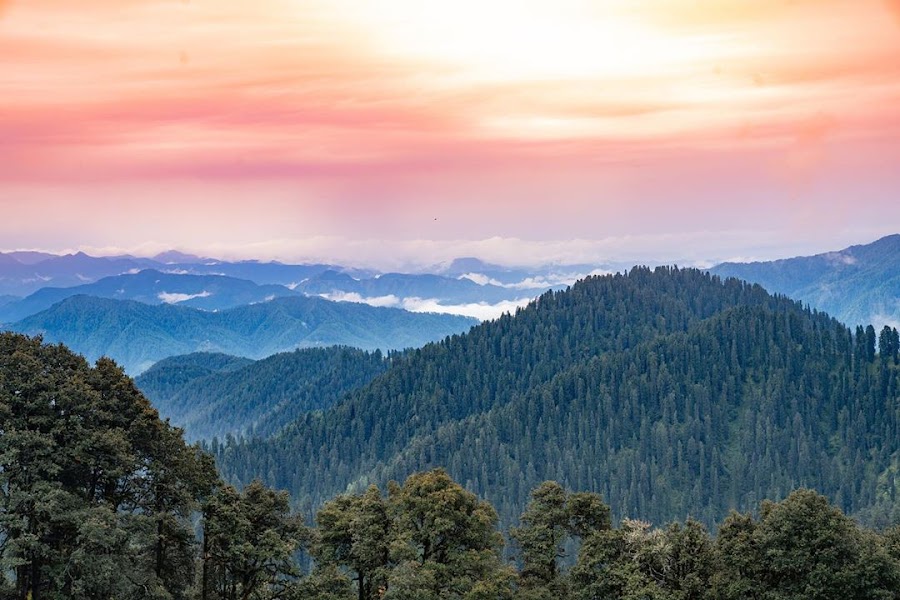
Jalori Pass
Shoja, India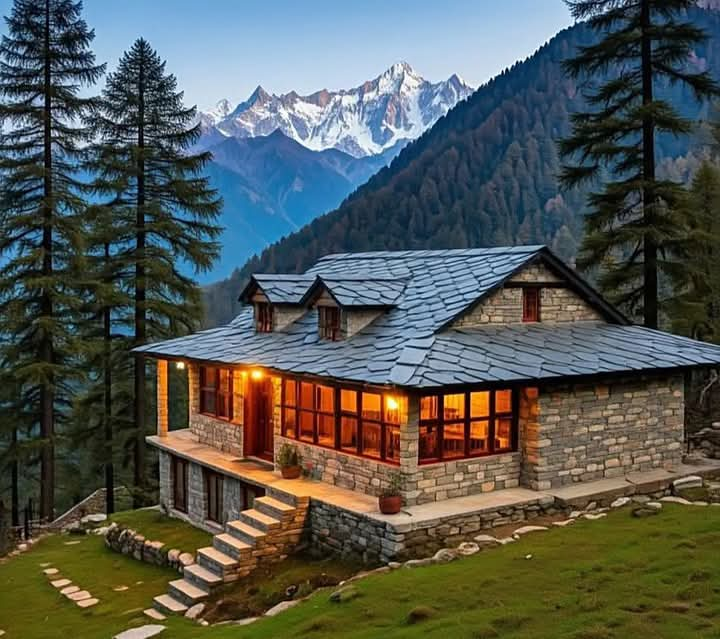
Great Himalayan National Park
Shoja, India
Serolsar Lake
Shoja, India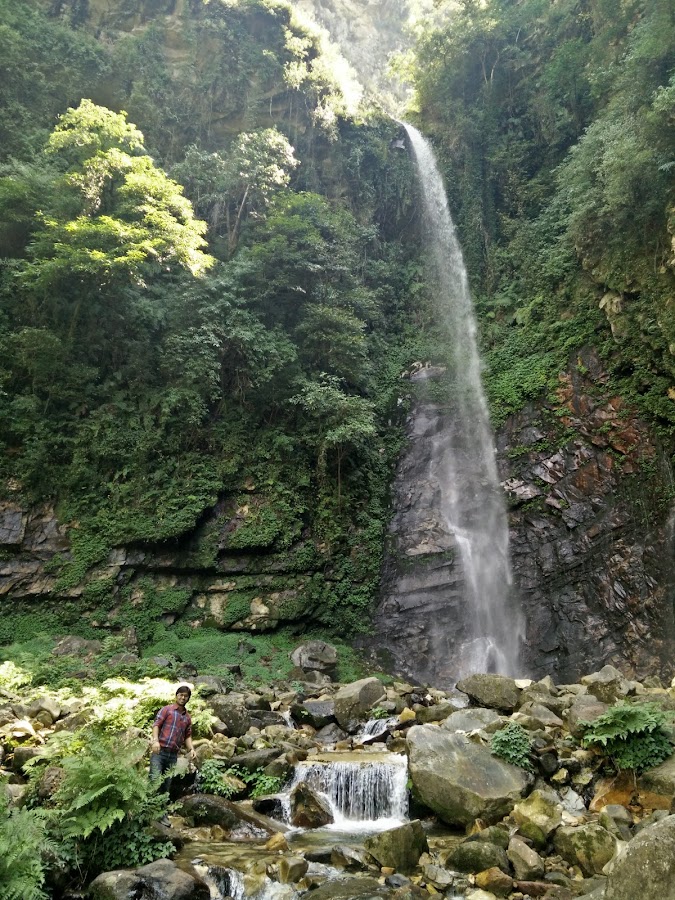
Tirthan Valley
Shoja, India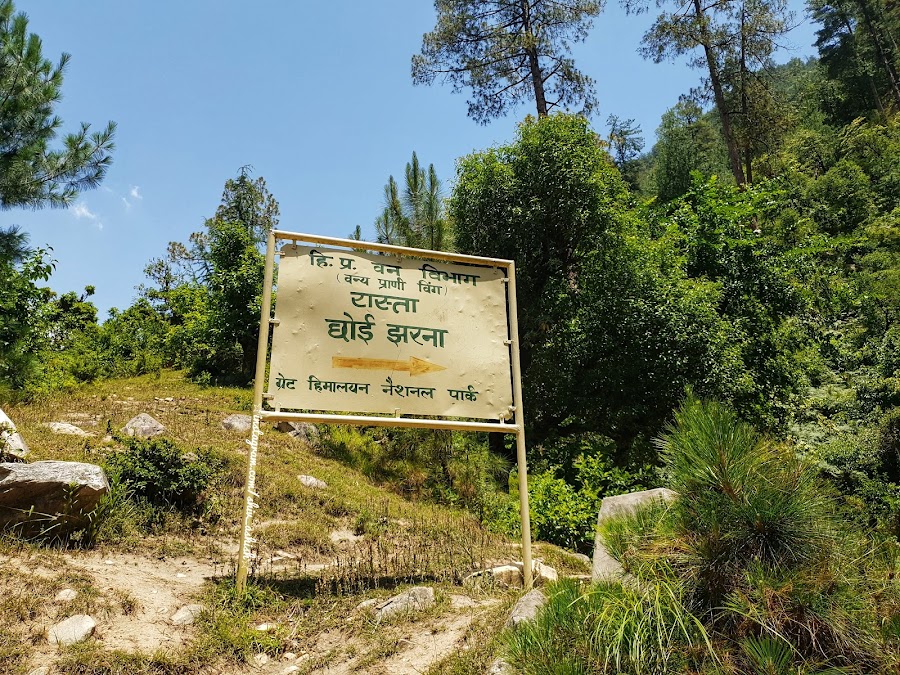
Choie Waterfall
Shoja, India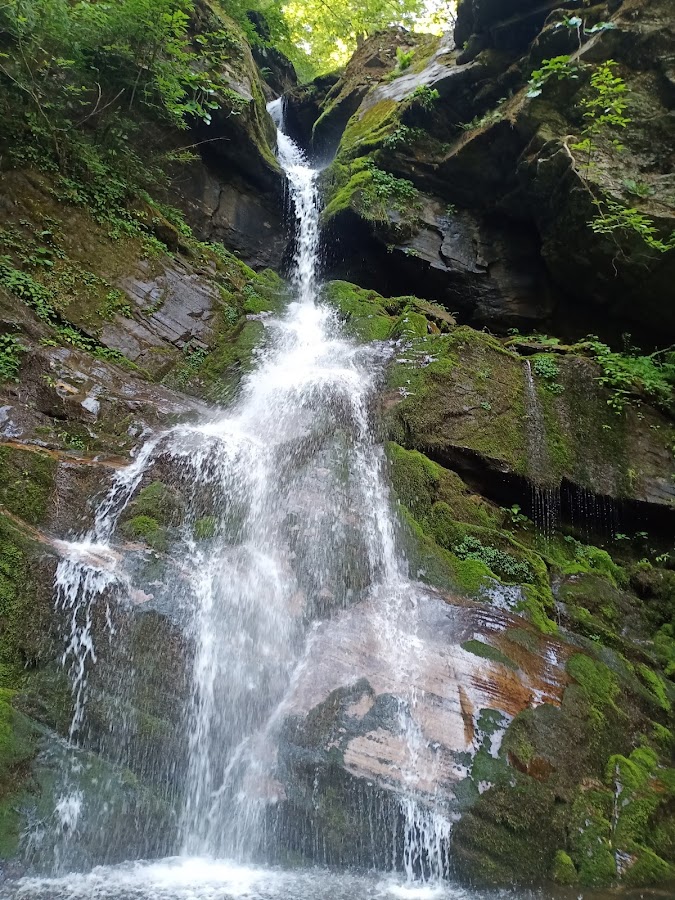
Waterfall Point
Shoja, India